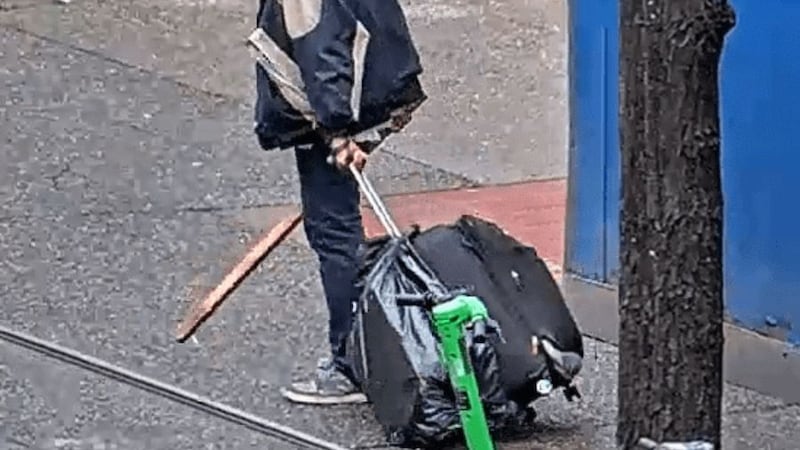So far, in 2016, 719 people have been moved from the streets to permanent housing in Seattle.
In 2015, there were 1,366 people moved into permanent housing. While the current number for 2016 seems to set the Human Services Department on target to help just as many people as it did in 2015, the official goal set on paper for 2016 is 1,149.
A spokesperson for the Human Services Department said that lower number was set based on 2014 numbers, before 2015 data was available. She said that the 2016 goal may be modified, considering last year's success.
She also added that this year, the department fully expects to exceed the number of people helped in 2015.
In November 2015, Seattle Mayor Ed Murray declared a state of emergency for homelessness and allocated $5 million to add to homeless services and refocusing many initiatives to address the problem.
Ashleigh Florida is one of the lucky people who moved into The Marion West apartments last week.
She was living in a tiny house, but got help from the Low Income Housing Institute to get a studio unit in the University District with her 3-year-old son.
“I feel like I still can’t believe it, that I live in such a nice neighborhood,” Florida said.
She pays a small portion of the rent, plus all utilities, each month. She hopes to one day go back to school to have a career in science.
“Actually be a real citizen, and pay taxes one day -- and not have to be poor,” she said.
Right outside her building, Seth G. is living in his car. He has not sought help for housing services in Seattle.
"I'm not familiar with them. I haven't accessed them. I am not one who has tried," he said. "It's a pride issue, of course. I know I can do better."
He said he worked in construction before suffering a major injury. He is now on unemployment assistance. He told KIRO 7 that finding an apartment has been an extreme challenge.
At a City Council committee meeting Wednesday, Councilmember Sally Bagshaw said that there is still one severe bottleneck in the process of getting people housed.
“We can invest all we want into outreach workers, but if the outreach workers don’t have a place to put people, then we’re not resolving the problem,” Bagshaw said.
Cox Media Group





